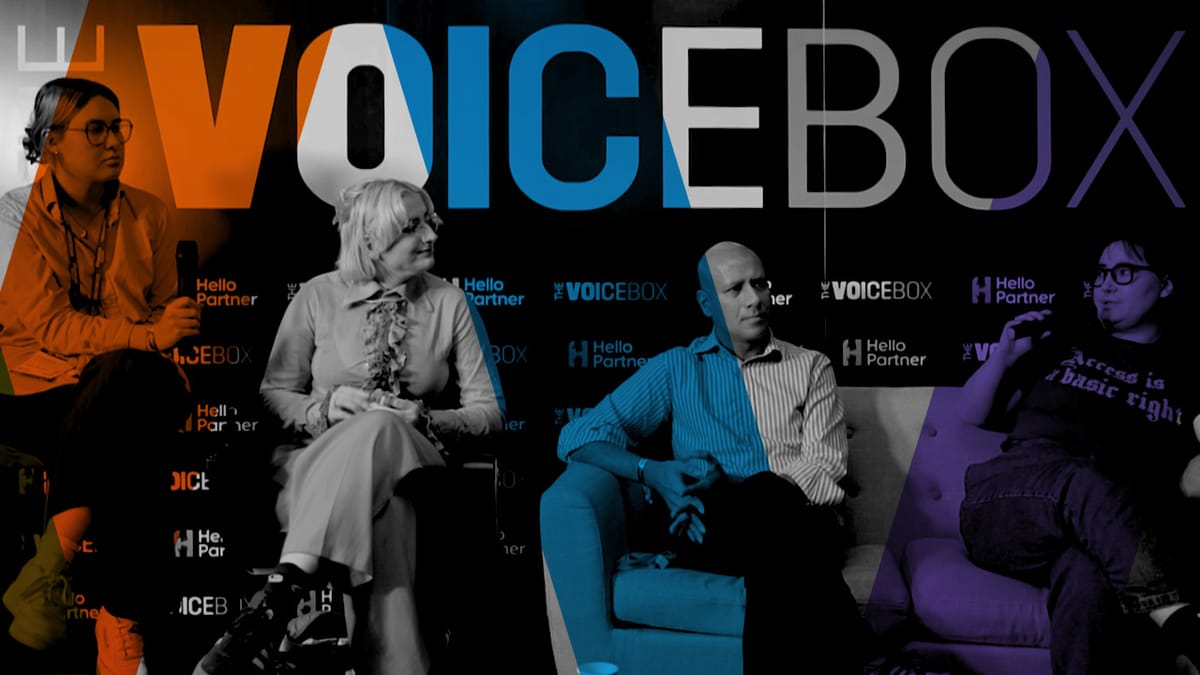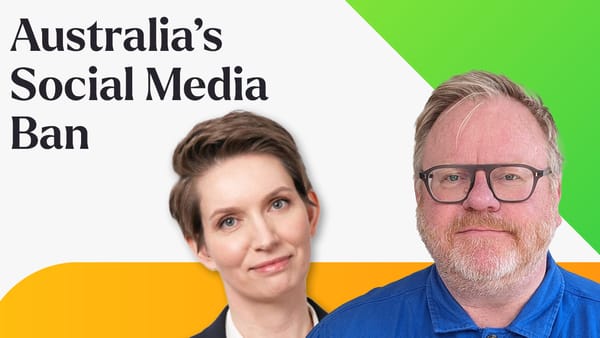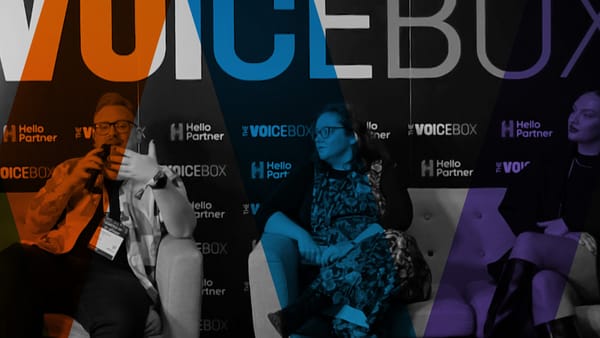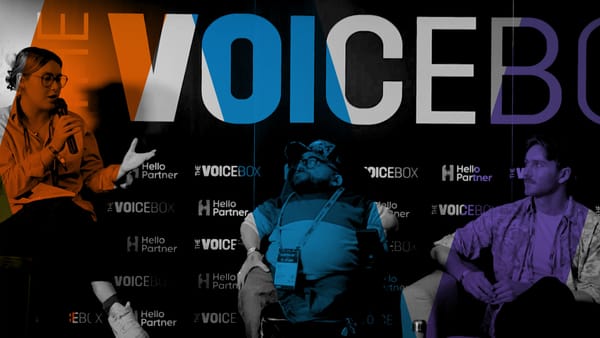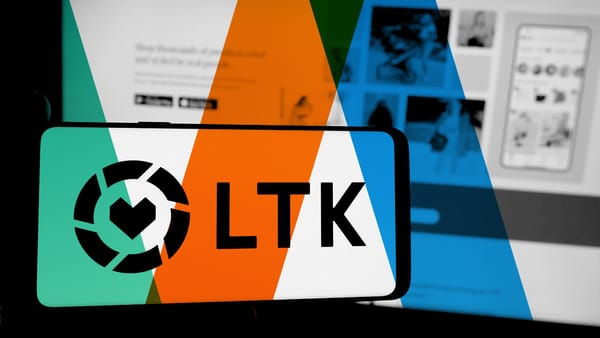During CreatorFest, OUT loud took to the Voicebox stage to talk about engaging LGBTQ+ audiences, and how businesses can take a public stance of allyship.
The session, aptly titled, ‘How to Engage LGBTQ+ Audiences Authentically’, featured Farhad Divecha, founder of the LGBTQ+ inclusive marketing agency OUT loud, creator and strategist Ellen Jones and creator Eliza Rain.
If you couldn’t make it, or want a refresher, here are some key takeaways from the session, alongside the full recording.
Our key takeaways:
- Allyship beyond Pride: Divecha spoke about his experience in the industry of observing tokenistic pride campaigns. “Your LGBTQ+ consumers don’t go back in the closet after Pride Month,” he explained, recalling companies that backed down from showing support to the LGBTQ+ community after facing backlash, such as John Lewis. “Real allyship stands firm, even when it’s hard.” Rain echoed the sentiment from their perspective as a creator, “We’re rolled out in June, expected to turn content around in days,” they explained. “True allyship means planning ahead, including us from the start, and understanding our needs—not just during Pride, but all year.”
- The problem with tokenism: A recurring theme in the conversation was the damaging effects of tokenistic approaches from brands. Jones highlighted an example where a brand assumed a closeted gay creator would lead a pride campaign. “They didn’t even check,” she recounted. “It took me ten minutes of Googling to realise they were putting this person in a deeply unsafe position.” Similarly, Rain added: “I often feel like the token queer person—invited to events that aren’t even accessible. We’re more than a checkbox. Brands need to do the behind-the-scenes work to genuinely include us.”
- The role of the creator economy in change: Despite the many challenges and problems ongoing for LGBTQ+ people, the panel also wanted to celebrate the power the creator economy and social media can have for marginalised communities. Rain said social media has enabled creators like themselves to craft flexible careers and build connections. “Without social media, I wouldn’t have a job that works for me,” they said. “It’s opened doors I didn’t know existed.” Divecha also reflected on the progress made since he joined the industry: “Things are better. Representation has increased, and businesses are slowly evolving,” he noted, whilst cautioning against complacency. Jones echoed this, celebrating the online communities that changed her life. “Social media gave me partnerships, friendships, and hope. It’s frustrating because we know how brilliant this space can be, yet it remains marred by inaction.”
Watch the full session recording below:


